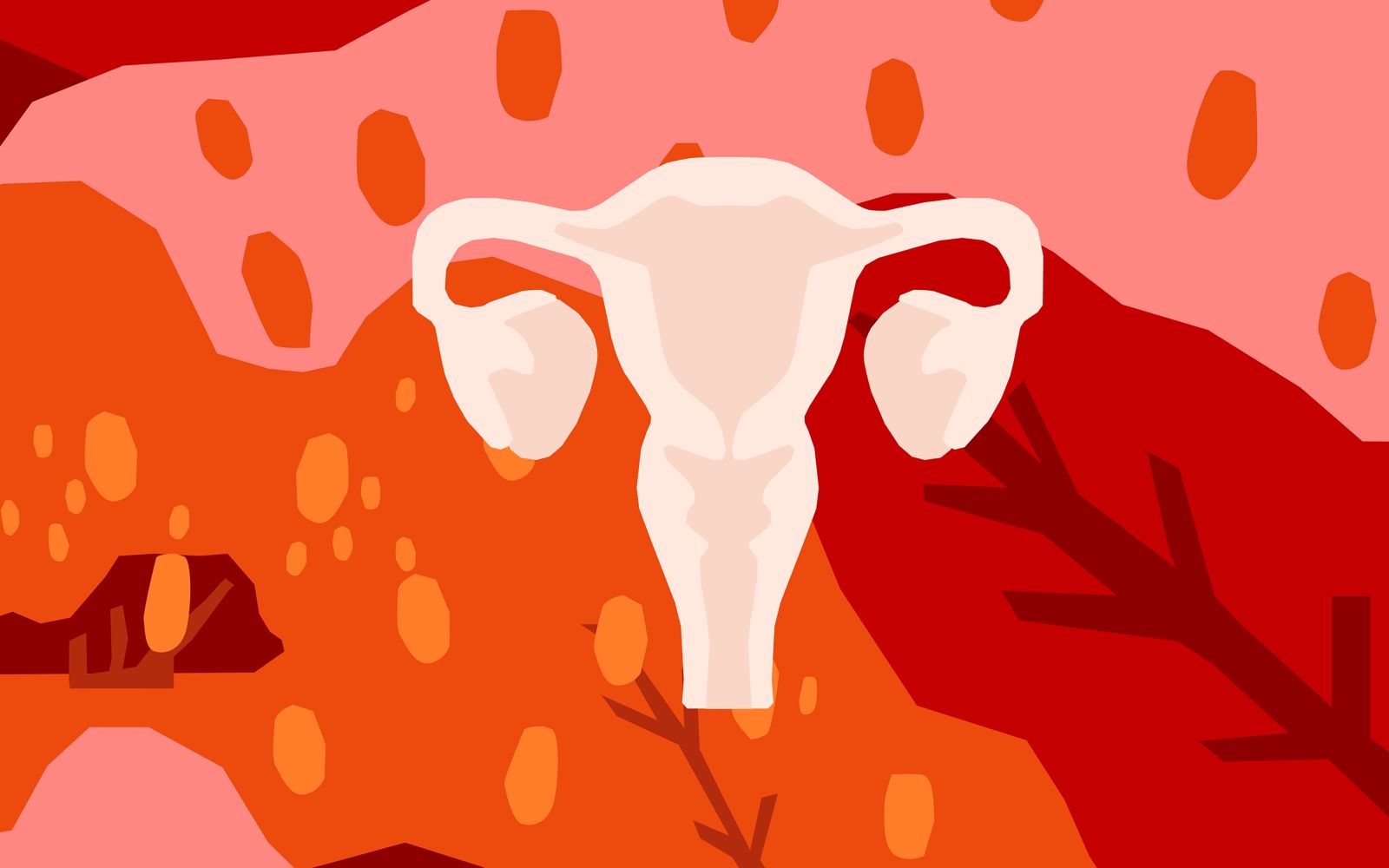JIAS publishes special issue on person-centred care models for people living with HIV and co-infections and co-morbidities

The Journal of the International AIDS Society (JIAS) has launched a special issue, titled “Person-centred approaches to address the health needs of people living with HIV and co-infections and co-morbidities”, at IAS 2023, the 12th IAS Conference on HIV Science.
The content of the special issue was guided by Guest Editors Rena Janamnuaysook (Institute of HIV Research and Innovation, Thailand), Jeffrey Lazarus (Barcelona Institute for Global Health, Spain) and Georgina Caswell (Global Network of People Living with HIV, South Africa). The special issue is funded by Gilead Sciences, Inc.
Despite areas of progress in HIV care and management, person-centred care models that serve people living with HIV and key populations remain scarce and haphazardly implemented globally. Achieving this will require additional efforts to ensure that:
- Clients and communities have a say in and the authority to make decisions regarding their health.
- HIV-related services are designed according to the needs and preferences of individuals, are demand-driven and are founded on quality, safety and long-term care engagement.
- Health systems are recognized as social institutions that thrive on mutual trust, dialogue and reciprocity.
- Values around justice, rights, respect and equity are at the forefront of care delivery.
The collection of articles in this special issue shows that successful people-centred health systems – where client and community needs, rights and preferences are put first – result in higher retention in care and better HIV outcomes. People-centred health systems require meaningful and sustained engagement between stakeholders, co-designed approaches and feedback mechanisms, as well as a systemic shift that addresses inequity in all its forms to remove barriers to implementing person-centred care.
This special issue contributes to a growing evidence base demonstrating the need to adopt person-centred health systems globally, and also shares challenges to and strategies for implementing such models. Despite institutionalized barriers that have markedly halted global progress for years, the articles in this special issue prove that healthcare systems can and are working towards more equality and trust, centring around people, their families and communities.













